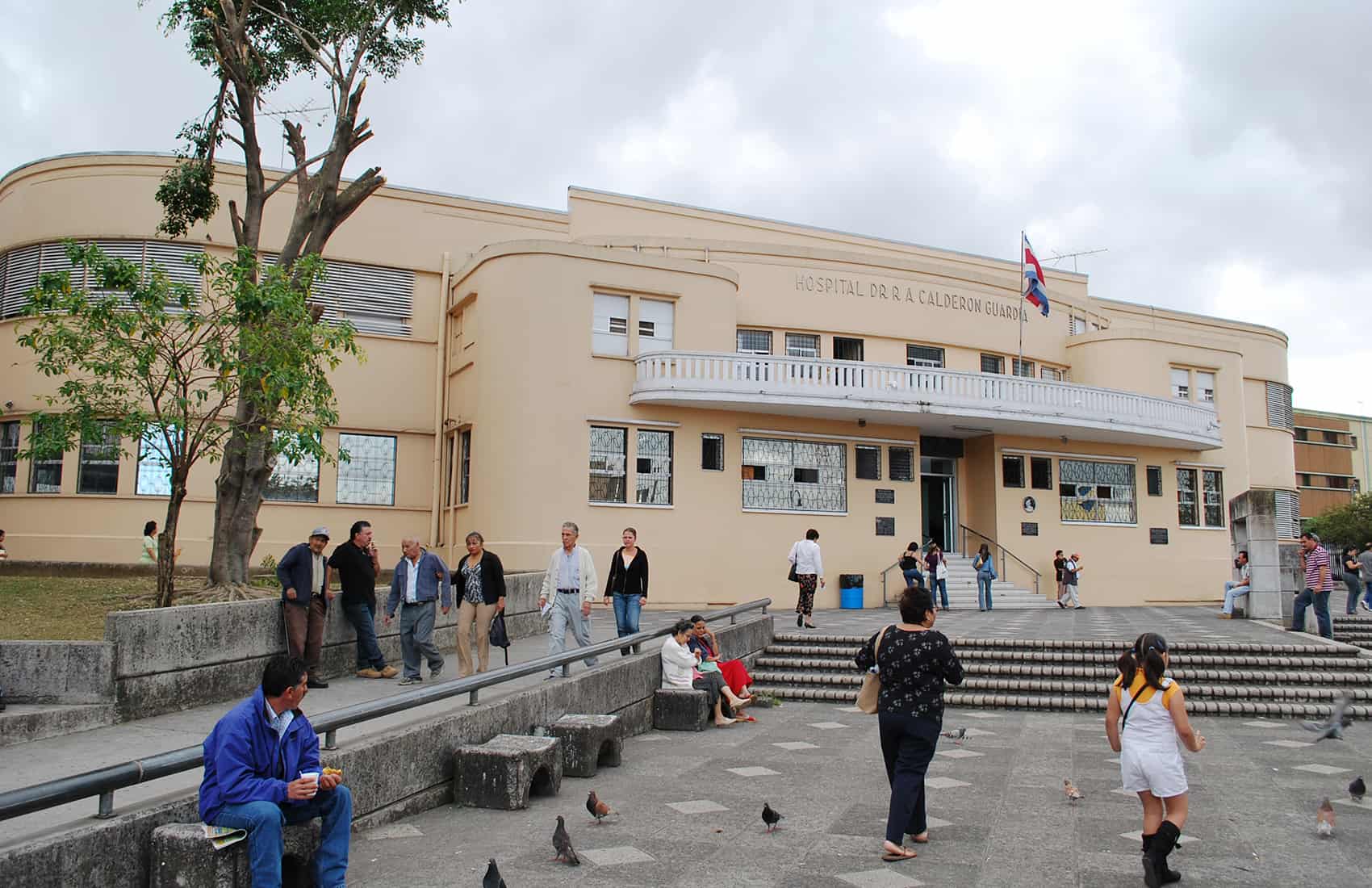Costa Rica’s Health Ministry and Casa Presidencial issued a joint press release Tuesday aimed at clarifying the therapeutic abortion guidelines that will clarify when the procedure can legally be performed by medical professionals.
“The technical standard is a guide for medical staff to assess cases related to article 121 of the Criminal Code, in force since 1970, which refers to the termination of pregnancy when the life or health of a woman is in danger,” the press release reads.
The Minister of Health, Daniel Salas, said the norm “is not a porthole for free abortion nor does it extend the law. It is a guide for medical professionals.”
Facing reported cases of misinformation on social media about the norm, the Health Ministry and Casa Presidencial clarified the following aspects of the legislation:
- The procedure to assess whether or not an interruption of pregnancy is allowable: A doctor or the pregnant woman may request that a group consisting of three medical professionals make the assessment to know if an abortion is permissible in accordance to Costa Rican law. Once they issue a decision, the pregnant woman can decide whether or not to accept the recommendation.
- The time to issue a decision: This rule establishes that once the assessment is requested, the group of doctors has three days to respond.
- The appeal process: If the response of the group of doctors is that the termination of the pregnancy is not appropriate, the woman can request a new evaluation only once.
- The information that the patient will receive: The document establishes that throughout the process, the woman must have information that is understandable, timely and based on scientific evidence to make a decision.
- The woman’s consent: The rule is clear that an interruption of pregnancy cannot be applied against the will of the pregnant woman.
- Comprehensive care: Any woman who undergoes such a process must have access to comprehensive care that guarantees her health and well-being.
- Conscientious objection: The norm says health professionals have the ability to cite conscientious objection to the procedure while ensuring it does not affect the medical attention available to the woman.
- Supervision: The Health Ministry is the institution responsible for ensuring that the country’s medical centers apply this standard and its protocols.
Therapeutic abortions have been permitted by Costa Rican law for almost five decades in instances when the pregnancy threatens the life of the pregnant woman.
However, this norm provides more specific details on how the law’s application should be assessed in public and private hospitals.
Read more about the norm in The Tico Times here, and read the full text in Spanish here.









